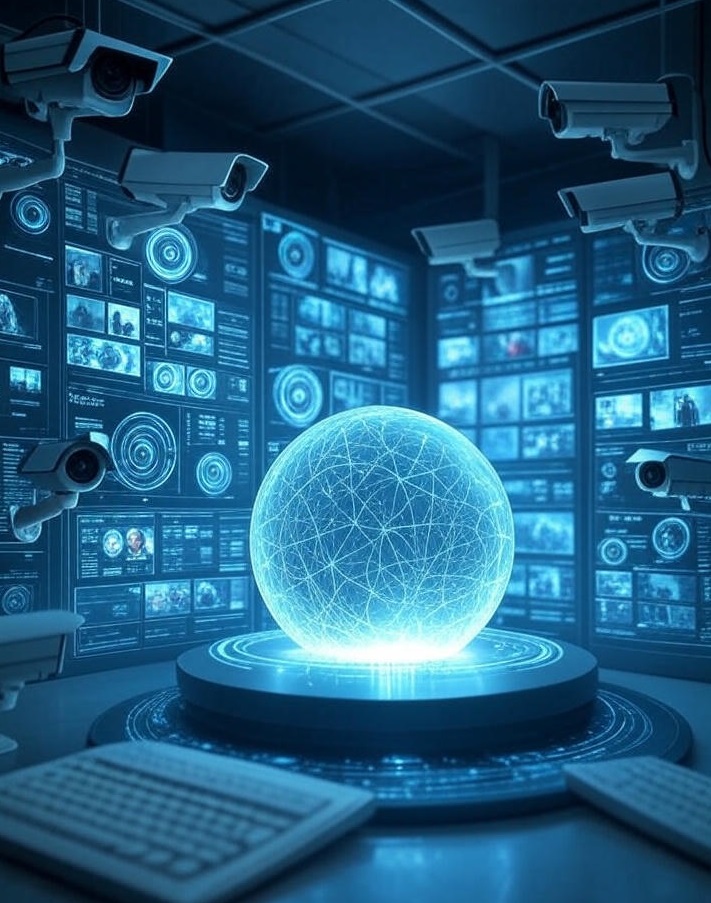
Modern surveillance systems increasingly integrate artificial intelligence technologies capable of analyzing video in real time, recognizing faces, behaviors, and suspicious situations. These capabilities significantly enhance security effectiveness but also raise complex legal issues.
Key concerns include the protection of citizens’ privacy, compliance with personal data legislation, and the assignment of responsibility for AI system errors. Unlawful data use or recognition mistakes can lead to violations of human rights and freedoms.
Many countries have already begun developing or updating legal frameworks to regulate the use of AI in surveillance systems. Discussions include requirements for algorithm transparency, rights to data access, and procedures for appealing AI-based decisions.
Legal experts emphasize the importance of balancing public safety with the protection of individual rights. This requires not only technical solutions but also a comprehensive regulatory approach, including international cooperation.
Companies implementing AI-powered surveillance must comply with legal standards and introduce audit and oversight mechanisms to minimize risks and build user trust.
In the long term, the development of a robust legal framework will enable the creation of more responsible and ethical security systems that align with democratic values.
